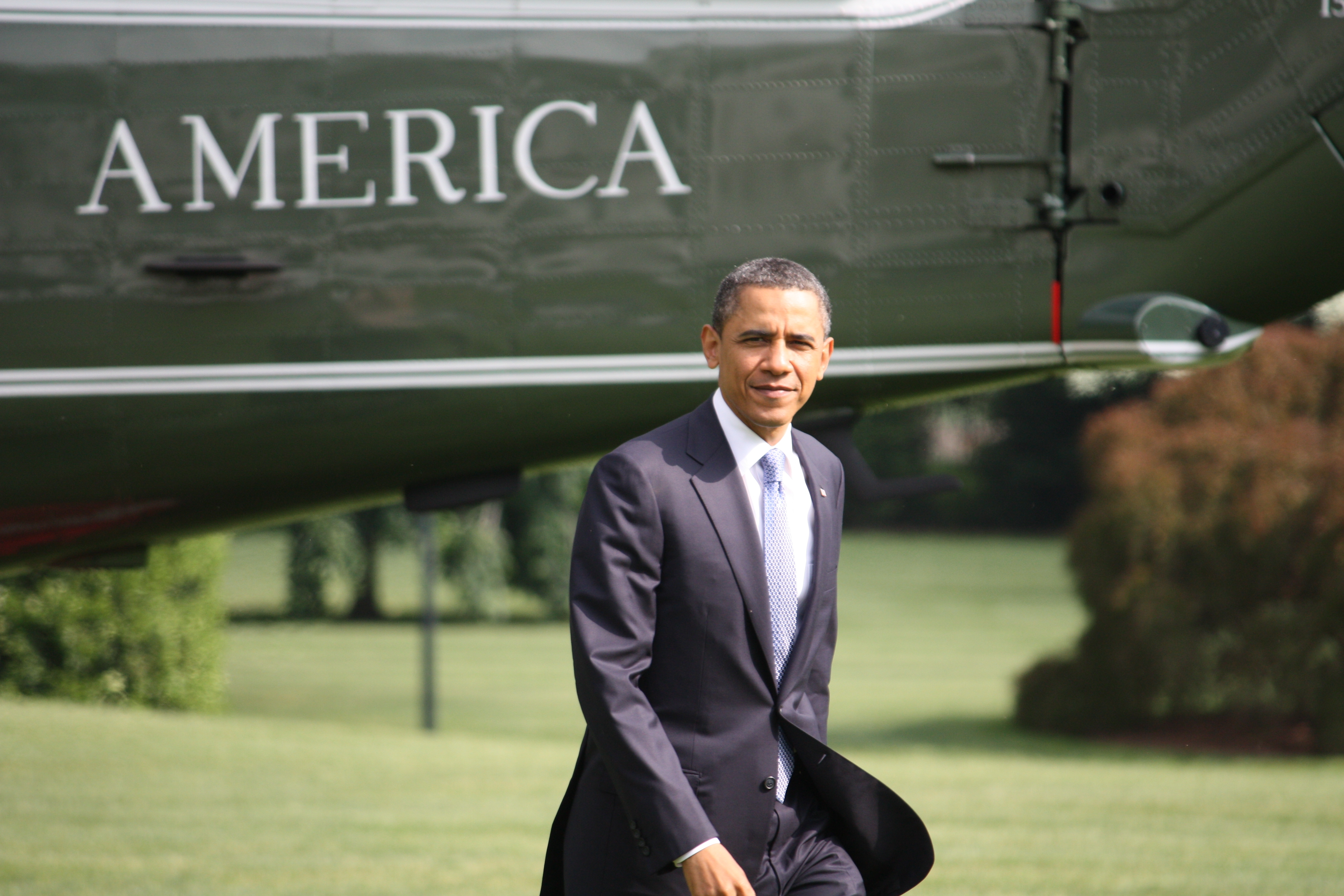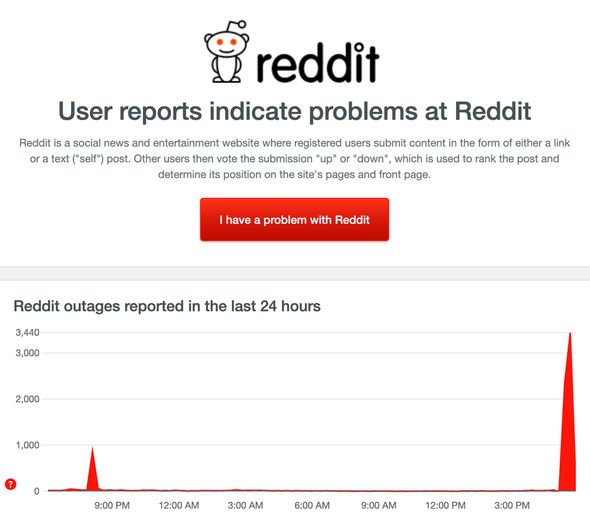Analyzing Trump's Middle East Policy: The May 15, 2025 Trip In Context

Table of Contents
Key Pillars of Trump's Middle East Policy
Trump's Middle East policy was largely defined by its "America First" approach, prioritizing US national interests above all else. This translated into a focus on counter-terrorism, transactional diplomacy, and a departure from traditional multilateral agreements. His administration favored bilateral deals, believing they offered greater flexibility and control.
- Emphasis on Bilateral Deals: Rather than engaging in large-scale, multilateral negotiations, Trump's team prioritized individual agreements with key players in the region. This approach was evident in his dealings with Saudi Arabia, Israel, and other nations.
- Withdrawal from the Iran Nuclear Deal: One of the most defining moments of Trump's Middle East policy was his withdrawal from the Joint Comprehensive Plan of Action (JCPOA), the Iran nuclear deal, in 2018. This decision led to renewed sanctions against Iran and increased tensions in the region.
- Recognition of Jerusalem as Israel's Capital: Trump's controversial decision to recognize Jerusalem as Israel's capital, and subsequently move the US embassy there, significantly altered the geopolitical landscape and angered many in the Arab world.
- Brokering the Abraham Accords: A key achievement was the brokering of the Abraham Accords, which normalized relations between Israel and several Arab nations, including the UAE, Bahrain, Morocco, and Sudan. This represented a significant shift in regional dynamics.
- Increased Pressure on Iran and its Proxies: Trump's administration consistently applied maximum pressure on Iran, targeting its nuclear program, its regional proxies (like Hezbollah and Houthis), and its economic interests. This approach, however, also carried significant risks.
The Abraham Accords: Success or Limited Achievement?
The Abraham Accords, while heralded as a diplomatic triumph, present a mixed legacy. The agreements represent increased regional cooperation on certain fronts, such as trade and security. However, critics point to their limitations.
- Increased Regional Cooperation: The Accords have fostered improved economic and security cooperation between Israel and several Arab states. This includes joint military exercises, increased trade partnerships, and cultural exchanges.
- Limited Impact on the Palestinian-Israeli Conflict: A major criticism is the Accords' failure to meaningfully advance the Palestinian-Israeli peace process. The absence of Palestinian participation raised concerns about the agreement’s long-term viability and fairness.
- Potential for Further Normalization: The Accords opened the door for potential future normalization agreements with other Arab nations, signifying a possible shift in regional alliances and priorities. However, the pace of further agreements remains uncertain.
- Criticism Regarding Lack of Palestinian Involvement: The exclusion of the Palestinians from the negotiation process sparked intense criticism, highlighting the underlying imbalances in the regional power dynamic.
The Hypothetical May 15, 2025 Trip: Potential Goals and Outcomes
A hypothetical 2025 Middle East trip by Trump could serve several purposes, depending on the regional context at the time. The trip's focus could vary significantly.
- Potential Meetings with Key Regional Leaders: A trip would likely involve meetings with key leaders, including those from Saudi Arabia, Israel, Egypt, and potentially Iran, depending on the state of relations.
- Focus on Specific Issues: The trip's agenda might focus on pressing issues such as the Iran nuclear program, the ongoing conflict in Yemen, the Israeli-Palestinian conflict, or broader regional security concerns.
- Potential for New Diplomatic Initiatives or Deals: Trump might seek to launch new diplomatic initiatives or broker additional agreements, building on the groundwork laid during his first term.
- Assessment of the Lasting Impact of Previous Policies: The trip could also serve as an opportunity to assess the long-term impact of his past policies, evaluating their successes and failures.
Criticisms and Controversies Surrounding Trump's Middle East Policy
Trump's Middle East policy was not without its detractors. Critics raised various concerns about its approach.
- Criticism of the Withdrawal from the Iran Nuclear Deal: The withdrawal from the JCPOA was widely condemned by international partners and critics who argued that it destabilized the region and undermined efforts to contain Iran's nuclear ambitions.
- Concerns Regarding Human Rights Violations: Critics pointed to human rights violations in some of the countries with which the Trump administration formed close alliances, suggesting a prioritization of strategic interests over human rights concerns.
- Impact on the Peace Process: The lack of progress on the Israeli-Palestinian conflict under Trump's administration drew heavy criticism, with many arguing that his policies exacerbated existing tensions.
- Allegations of Prioritizing Transactional Deals over Principled Stances: A common critique was that Trump's transactional approach prioritized short-term gains over long-term strategic goals and principled foreign policy objectives.
Conclusion
This analysis of Trump's Middle East policy, viewed through the lens of a hypothetical 2025 trip, reveals a complex and controversial legacy. His "America First" approach, while achieving some successes like the Abraham Accords, also attracted significant criticism for its perceived disregard for human rights and the complexities of regional conflicts. Understanding the successes and failures of this policy is crucial for shaping future US engagement in the Middle East. To further your understanding of this critical period in US foreign policy, continue researching Trump's Middle East policy and its consequences. Further exploration of the specific challenges and opportunities presented in the region will allow for a more nuanced and informed perspective on this critical topic.

Featured Posts
-
 Late Goals Secure Bayern Munich Win Over Stuttgart
May 17, 2025
Late Goals Secure Bayern Munich Win Over Stuttgart
May 17, 2025 -
 Angel Reese And The Tampering Accusation A Wnba Controversy
May 17, 2025
Angel Reese And The Tampering Accusation A Wnba Controversy
May 17, 2025 -
 Reddit Server Status Is Reddit Currently Down
May 17, 2025
Reddit Server Status Is Reddit Currently Down
May 17, 2025 -
 Tvs Jupiter Ather 450 X Hero Pleasure
May 17, 2025
Tvs Jupiter Ather 450 X Hero Pleasure
May 17, 2025 -
 Gopo 2025 Anul Nou Care N A Fost Si Morometii 3 Concura Pentru Premiile Importante
May 17, 2025
Gopo 2025 Anul Nou Care N A Fost Si Morometii 3 Concura Pentru Premiile Importante
May 17, 2025
